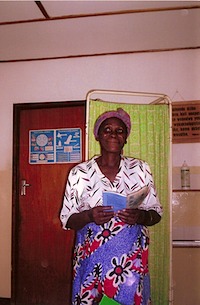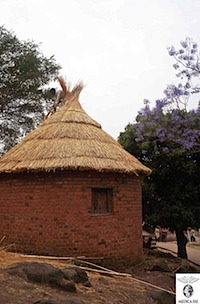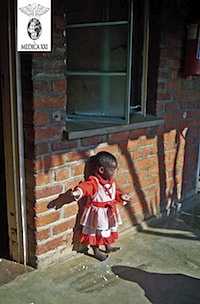The barriers to medical care often present in developing nations were the motivation for me to begin medicine training. Initially, I imagined full time practice of clinical medicine in different countries around the world.
As part of my third year of Internal Medicine residency, I was afforded the opportunity to travel to Nkhoma, Malawi for a two month international health elective. The experience provided both in and outpatient opportunities. Inherent in the experience was the exposure to and occasion to manage diseases not often seen in traditional training in the United States. Malaria, Tuberculosis, Schistosomiasis, and HIV were the predominate diagnoses. Learning to manage these diseases was challenging and rewarding. This was the culmination of my professional aspiration and personally satisfying to practice medicine in this setting.
During my elective I met several young men working as clinical assistants and clinical officers. These gentlemen were bright, motivated, clinically skilled, and had an impressive intellectual approach to the diagnosis of their patients. They were sincerely interested in the discipline of medicine and the care of their patients. In many situations, being culturally native was integral in how they assisted me in patient care. By translating with a proper sense of colloquialisms and an understanding of cultural norms with which I was unfamiliar, patient care was enhanced. The success of my practice of medicine there was inextricably bound to their support.
Further discussion revealed they would like to attend medical school. However, the cost was prohibitive. I began to contemplate the opportunity medical education would give them individually and hopefully create a ripple effect in their community. By educating individuals who will provide culturally native care, traditional barriers to care would be removed. Translating and interpretation of cultural norms would no longer interfere with the practice of medicine. In addition, from a fundamental perspective, education of individual members of a community advances the opportunities and fortunes of that community as a whole.
We agreed if they were accepted to school that I would arrange the payment. Such is the evolution of Medica XXI and a new focus in my approach to International Health. While practicing over seas is personally and professionally fulfilling for me, it could easily be asserted that patients derive a greater benefit in a direct sense from care provided by a member of their own community. The foundation of Medica XXI is that through a grass roots approach to education of members of a community or citizens of a country, the public health concerns can be resolved in a manner that is in accord with the needs and practices of the community or country as a whole.
The concept of Medica XXI is to continue to fund individual people’s education with the hope of resolving the myriad of medical and public health problems frequently obstructive to care in developing nations.
I look forward to seeing the growth of these individuals in their medical career, with the hope to sponsor several individuals each year.



